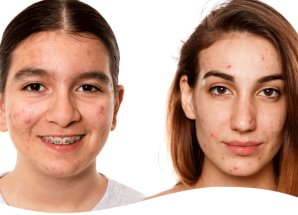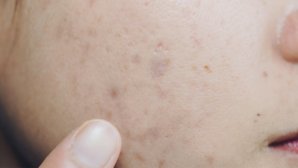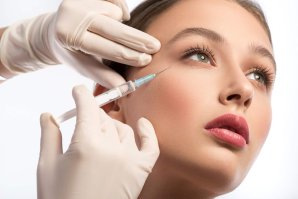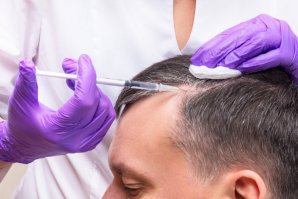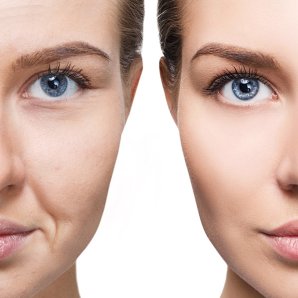Despite the need for more research, several studies indicate that estrogen-based hormone replacement treatment (HRT) may benefit women with Rheumatoid Arthritis. The fundamental justification for people’s interest in HRT for RA is rather simple. Women with RA experience fewer symptoms of the condition during the postovulatory phase when progesterone and estrogen levels peak.
?There are several types of arthritis, but rheumatoid arthritis (RA) seems to be the one that causes the most concern. Due to the fact that it is an autoimmune condition and can have negative effects on other parts of the body besides the joints, RA is distinct. Recent studies have examined the relationship between certain hormones and RA, and some evidence suggests that an effective treatment option may be hormone replacement therapy. Take a closer look at this.
A Detailed Look at Rheumatoid Arthritis
Rheumatoid arthritis (RA) is believed to be an autoimmune disorder characterized by ongoing or chronic levels of inflammation in the joints. Unlike osteoarthritis, which is a degenerative condition due to the natural deterioration of the joints, your body’s immune system attacks the tissues around the joints in this condition. Specifically, synovial membranes surround joints to protect them and are directly attacked by RA.
Symptoms of Rheumatoid arthritis
Rheumatoid arthritis can be quite severe and tends to affect multiple joints at once, making it even worse. Joint discomfort and swelling will be among some of the most noticeable signs. Other signs may, however, include things like:
- Reduced appetite
- Fever, particularly in the joints
- Anemia
- Fatigue
Like most forms of arthritis, RA can also make joints feel stiff, especially upon waking or after sitting in the same position.
Usually, rheumatoid will affect the smallest joints in the body first, such as the joints found in your toes, fingers, and wrists. However, larger joints are likely to be affected as the condition worsens, and signs will often show symmetrically. For instance, if it affects one hip, the other hip is probably also affected. Over time, RA patients may experience their joints dislocating or looking malformed.
Particularly in more severe instances, it’s not uncommon for RA to entail other symptoms or issues that have nothing to do with the joints. Approximately 40% of people with RA also have issues with their skin, eyes, hearts, salivary glands, lungs, or blood vessels.
























